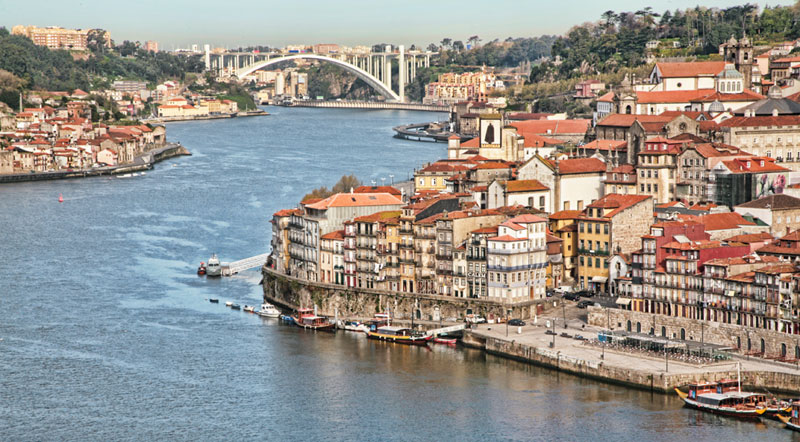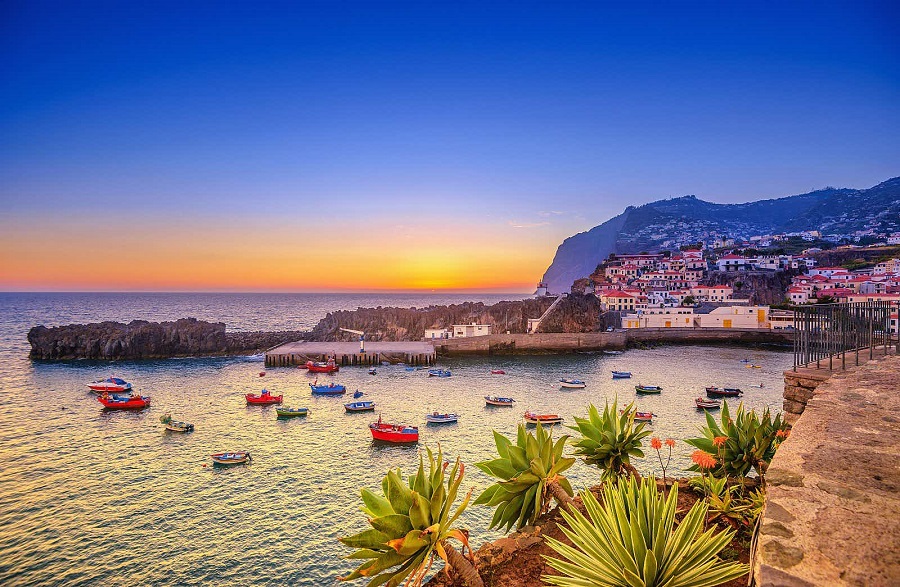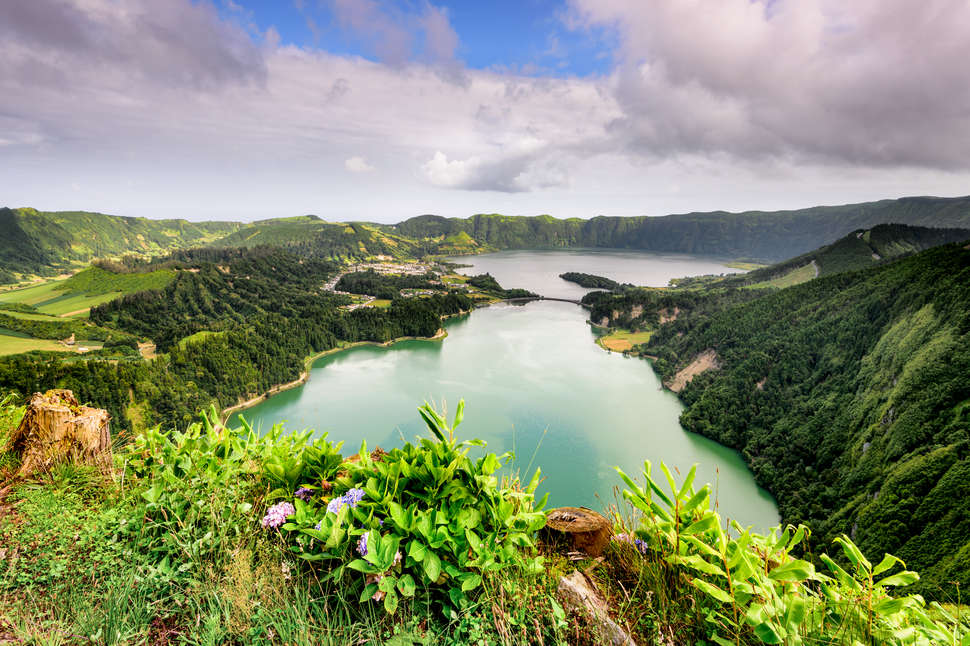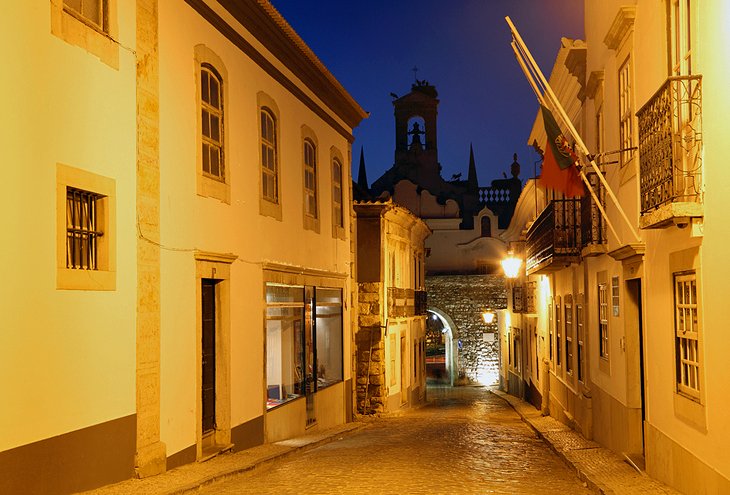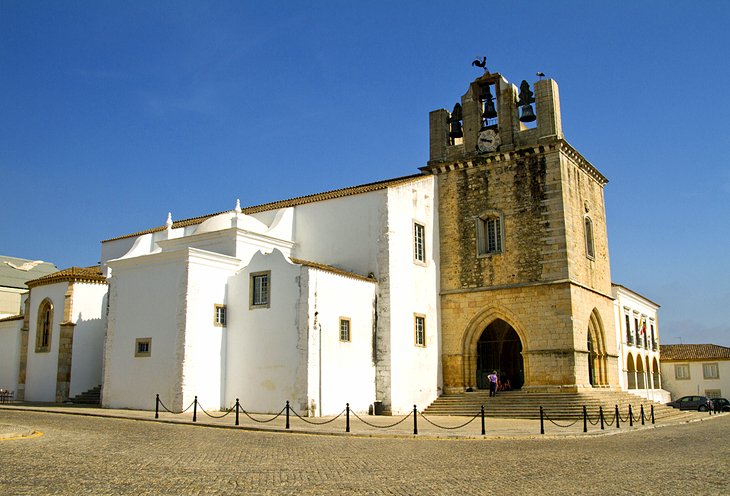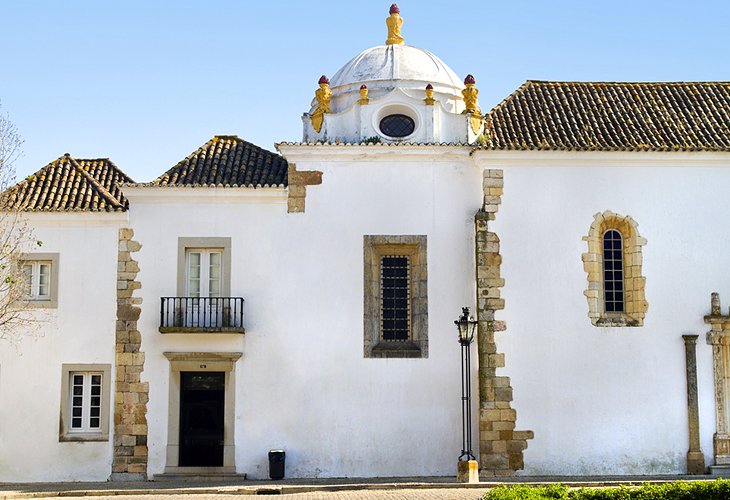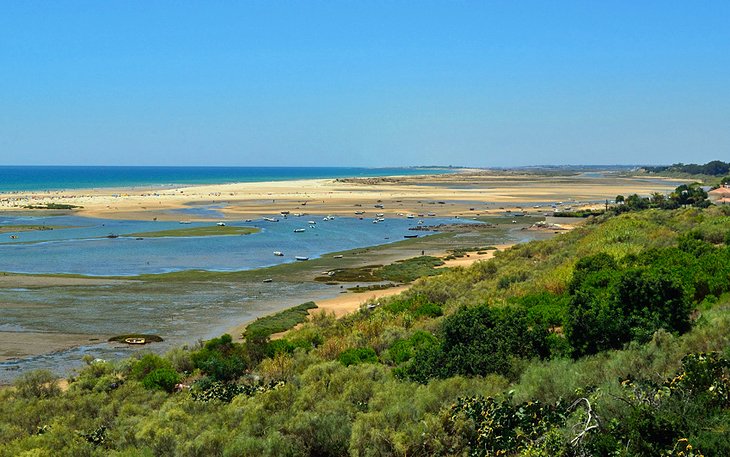Welcome to Faro, Portugal! Tourists, meanwhile, are drawn to the city's eclectic choice of visitor attractions, traditional restaurants, and inexpensive shopping. The cafés lining the harbor esplanade are favorite rendezvous points, and nearby golf courses and some fabulous beaches are irresistible leisure options. Faro is the largest city in the Algarve and the gateway to southern Portugal. Lying on the coast, overlooking the shallow lagoons of the protected Ria Formosa Natural Park, this is a destination blessed with rich cultural wealth and a stunning location. Faro's history is compelling. The Romans called it Ossonoba, and their legacy is tangible. But the greatest historical monuments date from the 16th and 17th centuries and are clustered together within the walls of the Old Town. Proud of its maritime heritage, Faro remains a busy and colorful port. From the marina, fishing boats and pleasure craft ply the narrow channels that meander towards the open sea, passing dense marshland and deserted islands. The wetlands are among Europe's most important natural habitats and attract a dazzling array of seabirds and other wildlife. Faro Airport, also known as Algarve Airport, is located 4 km to the west of Faro in Portugal. Private helicopter transfer services and jet charter flights availible to all destinations - VIP service.
| Welcome to Portugal |
|---|
Portugal VIP services
|

![]()
![]()
![]()
![]()
| Start Site | Portugal jet charters | Portugal helicopter services | Portugal yachts charter | Portugal luxury cars rental |
|---|
Vip services in Faro, Algarve, Portugal
Faro is the capital of southern Portugal’s Algarve region. The city’s neoclassical Arco da Vila is on the site of a gate that was part of the original Moorish wall. The monumental archway leads to the old town, with its cobbled streets. Nearby is Faro Cathedral, built in the 13th century. The Municipal Museum, in a 16th-century convent, displays prehistoric and medieval artifacts, plus religious art. The city is on the edge of the Ria Formosa Natural Park, an important wetland with lagoons and mudflats. The park’s shores are protected from the sea by several barrier islands. Among them, the uninhabited Barreta Island has sandy, undeveloped beaches. Farther east, the salt pans of Tavira Island attract flamingos, spoonbills and other wading birds. Northwest of Faro, the village of Almancil is known for the Church of St. Lawrence, its interior decorated with painted ceramic tiles from the 18th century.
The Faro is a municipality and bishopric, the southernmost city and seat of the district of the same name, in the Algarve region of southern Portugal. With a population of 118,000 inhabitants in 2011 (with 64,000 inhabitants in the city proper, making it the biggest city in the Algarve and one of the biggest in Southern Portugal), the municipality covers an area of about 202.57 km2 (78.21 sq mi).
Faro is served by a transport network connecting it to the Algarve, and by extension, other European markets. Faro is about 3 hours and 30 minutes by air from the principal European destinations, and 2 hours and 30 minutes from Faro, along the A2, and less than 1 hour from Andalusia, along the A22.
It receives through the International Airport millions of visitors annually, with 45 airlines serving this airport, including many low-cost airlines. In recent years, the number of visitors travelling through the airport has increased as more and more low-cost airlines compete to offer cheap flights to the Algarve. Private helicopter transfer services and jet charter flights availible on all destinations - VIP service.
Tourism on Faro, Portugal
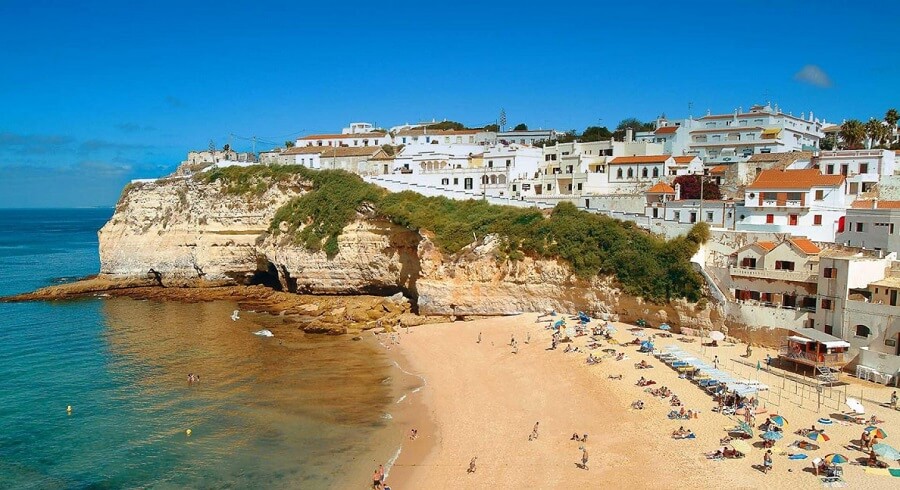
Best places to visit in Faro, Portugal
Cidade Velha: Exploring Faro's compact Old Town is one of the most popular things to do and the ideal way to get to know the Algarve's capital city. Sé (Cathedral): Built on the site of an Arab mosque, Faro Cathedral was consecrated in the late 13th century, but successive facelifts have added Gothic, Renaissance, and Baroque features that lend the building's exterior a rather haphazard look. Museu Municipal: This outstanding and award-winning cultural showpiece benefits from its integration within the former 16th-century convent of Nossa Senhora da Assunção; the beautiful Renaissance cloister alone is worth discovering. Faro is blessed with a subliminal natural asset - the beautiful and pristine Ria Formosa nature reserve. Following 60 kilometers of coastline from Praia de Faro to Cacela Velha, the park encloses 18,000 hectares of lagoons and marshland, saltpans, islets, and channels...
Top places to visit in Faro you have to see to experience the best of Portugal’s tourism. So pack your bags and grab your passport because you’re going to want to book a flight to Faro, Algarve - Portugal!
Algarve - Faro VIP services
travel with pleasureFaro, Algarve 8006-901; Portugal
ALL OVER Portugal, Algarve - Faro VIP services

E-mail: contact@vip-charter-service.com ; Telephone 24/7:+389 72 788 267; Faro Airport
Best price range for Best VIP services offers a variety of services in Faro:
-
Faro luxury rent a car services
-
Faro luxury cars hire is personalized one-on-one instruction on your vehicle’s features by our trained staff.
-
Faro luxury car rental categories of new vehicles equipped with the latest technology.
-
Faro luxury rent a car 24/7 Roadside Assistance (towing, lockouts, jump-starts, and fuel-delivery)
-
-
Faro jet charters hire services
-
Faro private jet charter priority is your contentment: Fast and friendly customer service is our highest priority.
-
Once you reserve your Faro private jet charter flight, we can handle all ground transportation at your destination.
-
Faro private jet charter Empty Legs: negotiable prices based on airplane flexibility, savings of up to 75% on standard prices.
-
-
Faro helicopter charter flight service
-
Faro helicopter charter prices are unbeatable because many of the services we offer are FREE of CHARGE.
-
Faro helicopter charter flights, business flights to hire all over Portugal.
-
Faro helicopter charter on any airport in Portugal - 100% privacy. Portugal VIP helicopter service!
-
| Site Map | Terms & Conditions | Policy | Partner Links | W3C | Portugal |
|---|

| Welcome to Faro, Portugal |
|---|
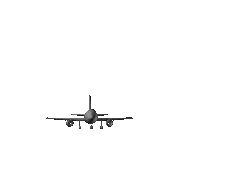
Faro private jet charter

Faro helicopter services
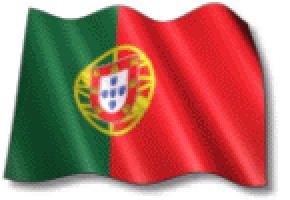
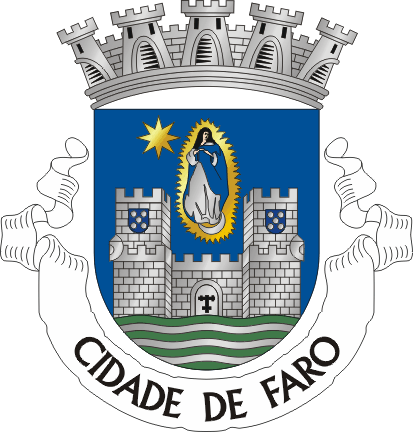
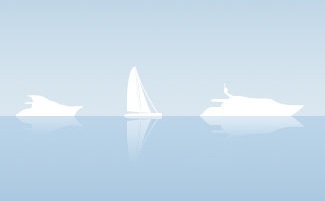
Faro yacht charter

Faro luxury cars rental

